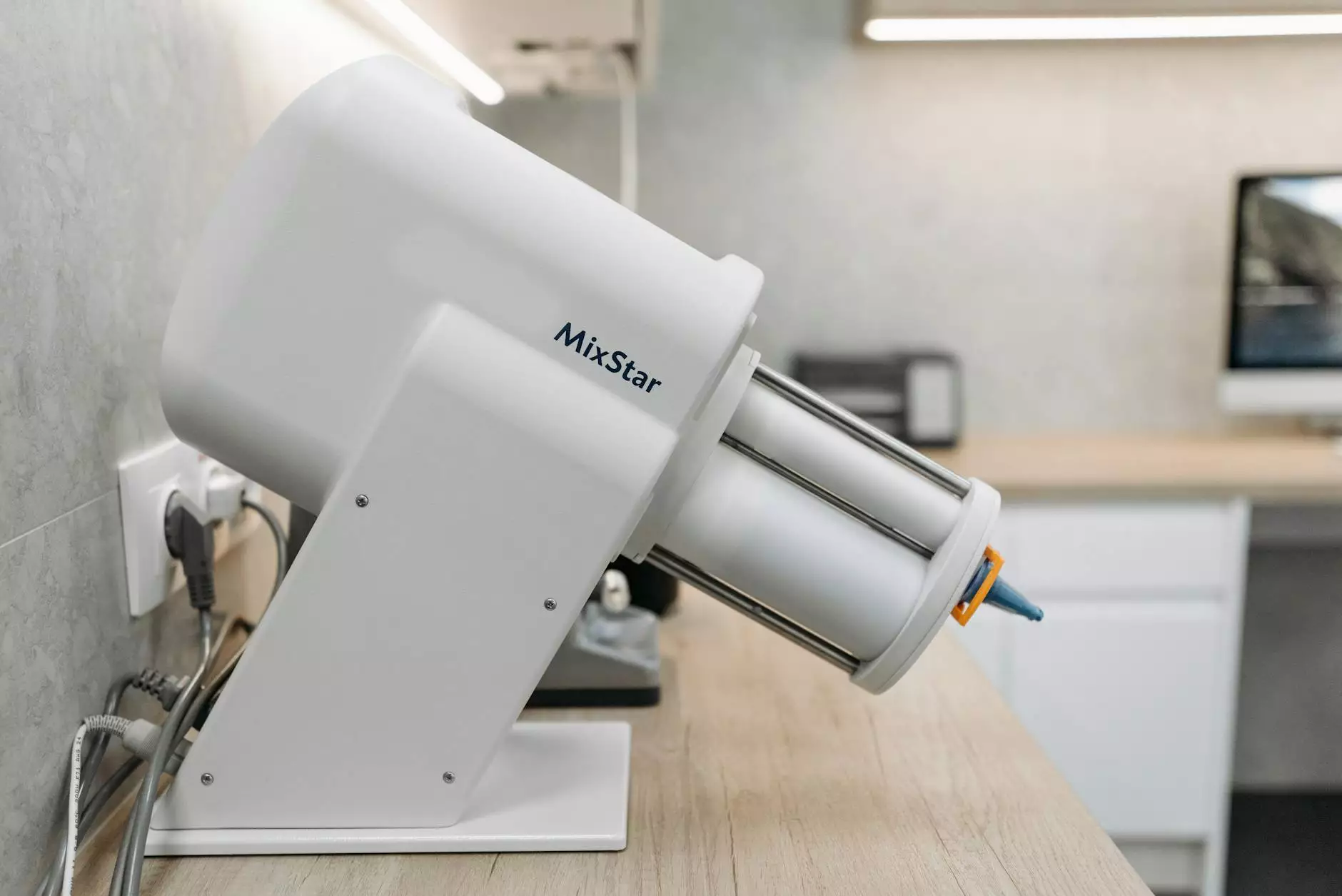The 5 Benefits of Filtration for Your Business

In an age where sustainability and environmental awareness are key to maintaining a successful business, understanding the importance of filtration systems is crucial. These systems not only enhance the quality of water but also play a vital role in waterproofing and overall safety in different business operations. In this article, we will delve into the 5 benefits of filtration that can significantly boost your business's operation, reputation, and compliance with health and safety regulations.
1. Enhanced Water Quality
One of the primary benefits of implementing a robust filtration system is the significant improvement in water quality. Whether your business relies on water for production, cooking, or consumption, ensuring that this water is free from contaminants is essential. Here’s how filtration enhances water quality:
- Removal of Contaminants: Filtration systems actively remove harmful substances such as bacteria, viruses, heavy metals, and sediments. This ensures that the water used is clean and safe.
- Taste and Odor Improvement: Filtration processes can eliminate unpleasant tastes and odors caused by chlorine or organic materials, making water more palatable for employees and customers alike.
- Consistency in Quality: Businesses that use filtration can ensure a consistent standard of water quality, which is crucial for maintaining product standards, especially in food and beverage industries.
2. Cost Savings Through Efficiency
Implementing filtration systems can lead to substantial cost savings. Here's how filtration contributes to a more cost-effective operation:
- Reduction in Equipment Maintenance: Contaminated water can cause corrosion and buildup in equipment, leading to frequent repairs. A filtration system reduces this risk, leading to lower maintenance costs.
- Longer Lifespan of Machinery: By using clean water, you extend the life of machines and tools. This reduction in wear and tear results in fewer replacements and better overall efficiency.
- Energy Efficiency: Many filtration systems are designed to operate with less energy, leading to lower utility bills. Enhanced efficiency means your business can save money while being environmentally friendly.
3. Compliance with Health and Safety Standards
Another critical advantage of using filtration systems is ensuring compliance with health and safety regulations. Many industries are governed by strict guidelines regarding water quality. Here's how filtration helps:
- Meeting Regulatory Standards: Businesses that implement filtration systems can more easily meet local and federal regulations concerning water quality. This compliance helps avoid fines and legal complications.
- Enhanced Workplace Safety: Clean water contributes to a safer workplace. Contaminated water can lead to health issues for employees, affecting overall productivity and morale.
- Boosting Consumer Confidence: Customers are increasingly concerned about health and safety. By ensuring water quality through filtration, businesses can build trust with consumers, leading to increased customer loyalty.
4. Environmental Impact and Sustainability
As businesses strive to become more sustainable, filtering systems offer an effective way to reduce environmental impact. Here’s how filtration contributes to sustainability efforts:
- Reducing Water Waste: By purifying water on-site, businesses can significantly reduce the amount of water wasted through leaks and unfiltered use.
- Lower Energy Consumption: Modern filtration systems are designed to be energy-efficient, reducing the carbon footprint associated with water treatment processes.
- Encouraging Recycling Practices: Filtration systems can facilitate the recycling of water, allowing businesses to utilize water multiple times before disposal. This promotes a circular economy model.
5. Versatility Across Industries
Finally, one of the greatest benefits of filtration is its versatility across different sectors. Businesses from the following industries can greatly benefit from filtration systems:
- Food and Beverage: Ensuring clean, safe water is crucial for production and consumer safety.
- Manufacturing: Many manufacturing processes require clean water as a vital component, from cooling systems to product formation.
- Agriculture: Filtration aids in producing high-quality crops by providing clean irrigation water, essential for healthy growth.
- Healthcare: In healthcare settings, filtration is critical to ensure that water used in procedures is pure and safe to prevent infections.
Conclusion
In summary, the 5 benefits of filtration not only improve water quality but also lead to significant cost savings, enhance health compliance, contribute to environmental sustainability, and offer versatility that supports a range of industries. By investing in effective filtration systems, businesses can ensure they operate efficiently and responsibly now and in the future.
For industries that rely on clean, purified water, such as those offered by Thomas Desalination, implementing state-of-the-art filtration systems can provide a competitive edge. With a commitment to quality service and sustainability, businesses can thrive through successful water purification and waterproofing practices.









